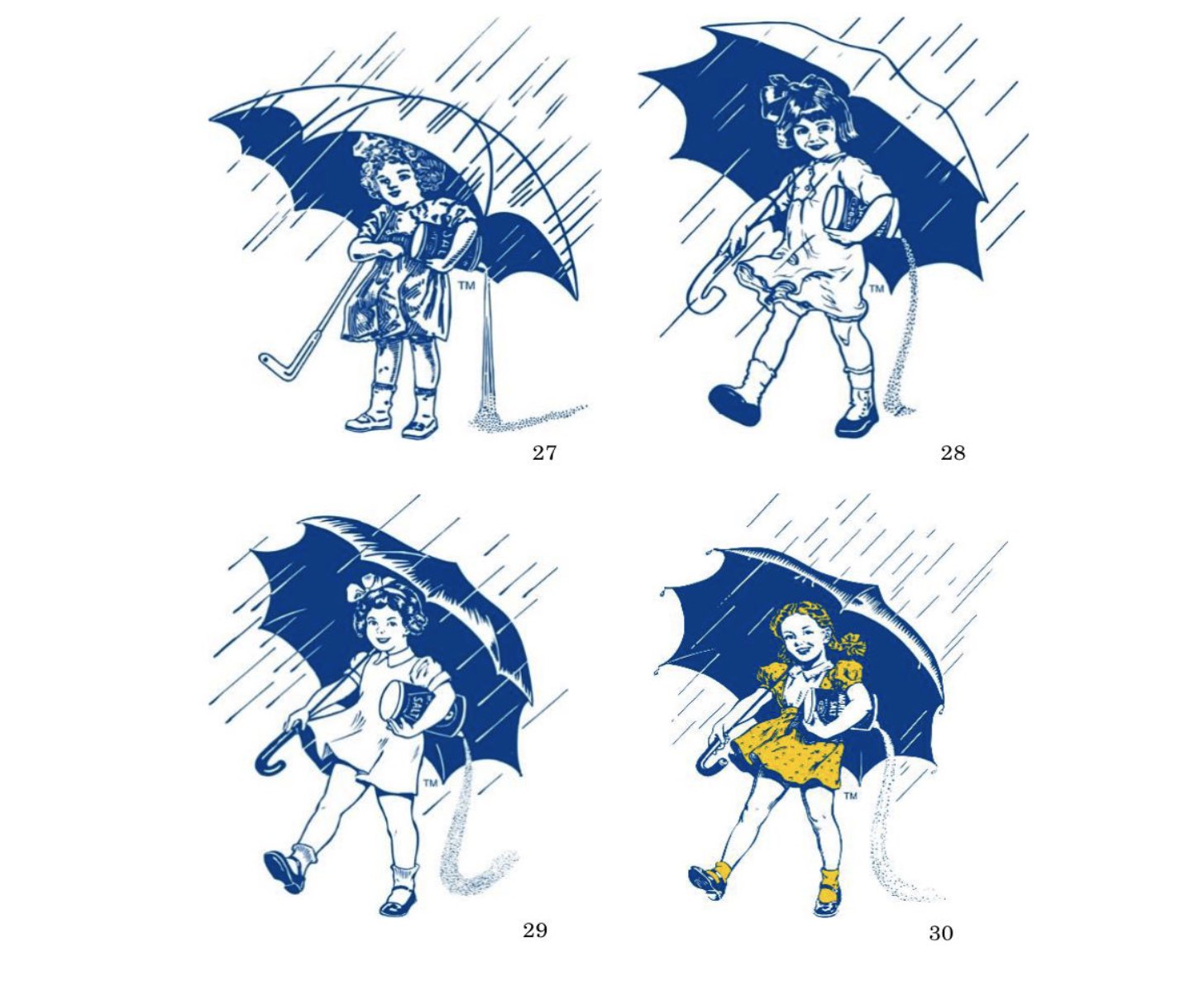
Read Full Article (PDF)
Trademarks serve to indicate an item’s source of origin and distinguish it from other commodities in the market. When there are two or more entities with similar trademarks, who offer related goods or services, the entity to use the mark first has seniority over the other users. Furthermore, the senior user has priority, making him or her “entitled to enjoin other ‘junior’ users from using the mark, or one that is deceptively similar to it” in a way that is likely to confuse consumers. But under certain circumstances a trademark owner can claim priority over a mark by relying instead on “the first-use date of a similar, but technically distinct mark.” This is achieved through a concept known as tacking, which allows a trademark holder to modify or expand their existing mark by “tacking” the first use date of an earlier mark onto a revised mark.
This Comment examines the heightened stringency of the rarely applied tacking doctrine, exemplified by the United States Court of Appeals for the Federal Circuit’s (“Federal Circuit”) decision in Bertini v. Apple. The Bertini court addressed the proper approach when dealing with tacking in the context of differing goods or services, with the decision creating an additional obstacle for trademark holders seeking to successfully tack under these circumstances. Because of this decision, there is a potential for consumer confusion and an increase in trademark application filings, further contributing to the existing backlog at the United States Patent and Trademark Office (“USPTO”).
Catherine S. Condyles *
* J.D., 2025, University of Richmond School of Law; B.A., 2019, Randolph-Macon College. I want to extend my sincerest thanks to Professor Christopher Cotropia for his insightful suggestions and guidance throughout the writing process. I would also like to thank my University of Richmond Law Review colleagues, especially Hannah Nemanic, the lead editor on this Comment, and her editing team for all their hard work and dedication in preparing this Comment for publication. It has been a privilege working with all of you.
